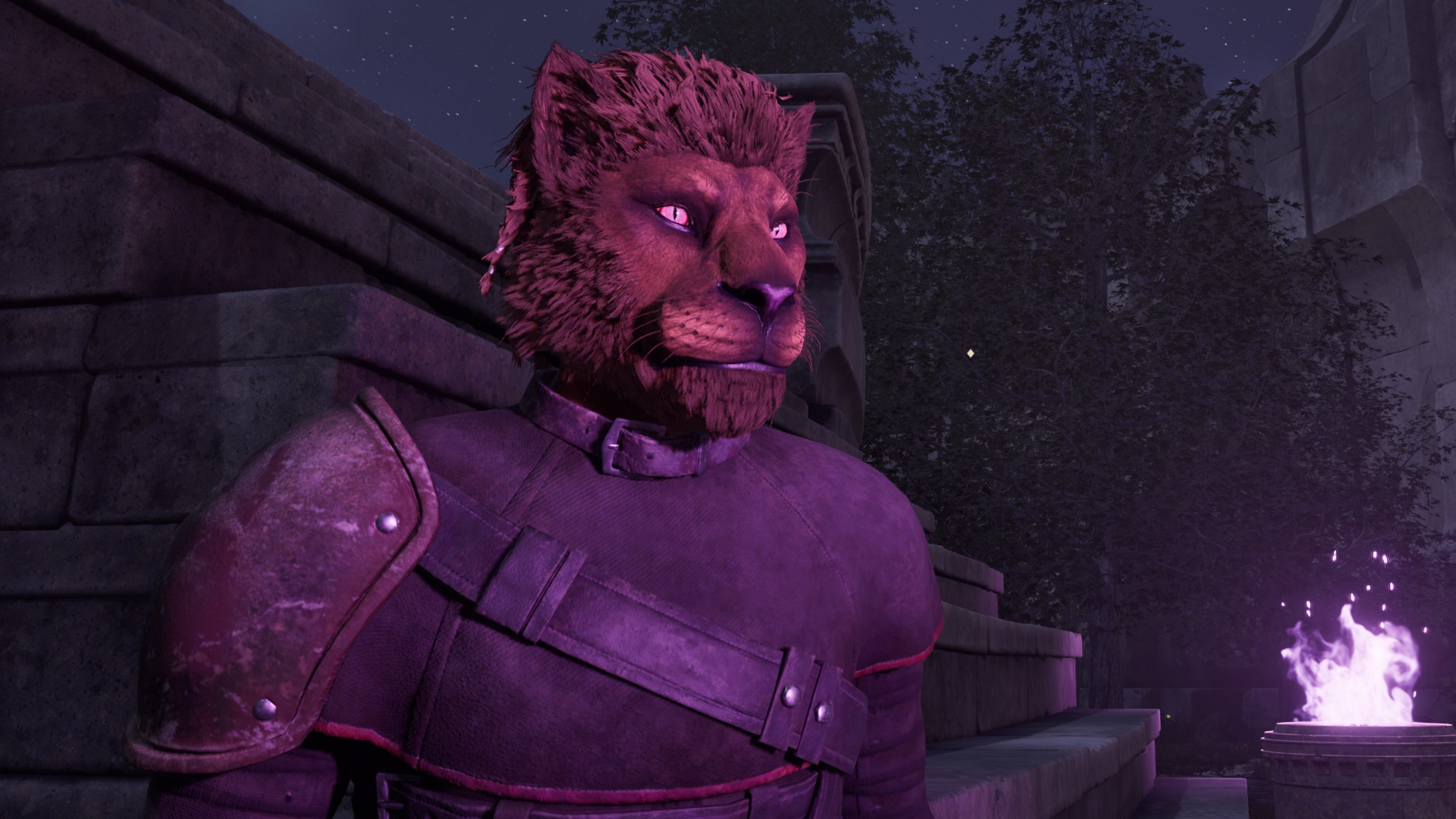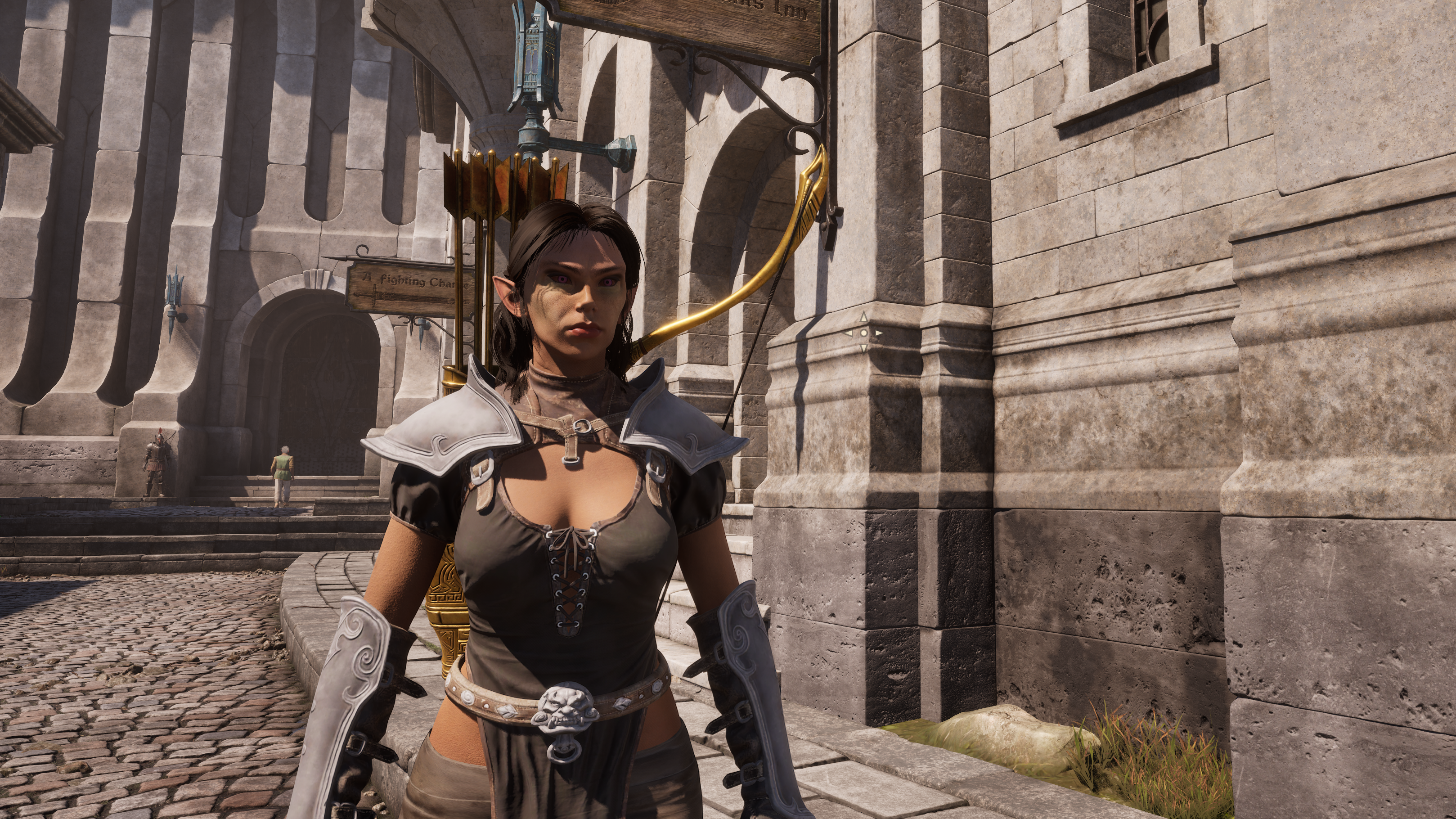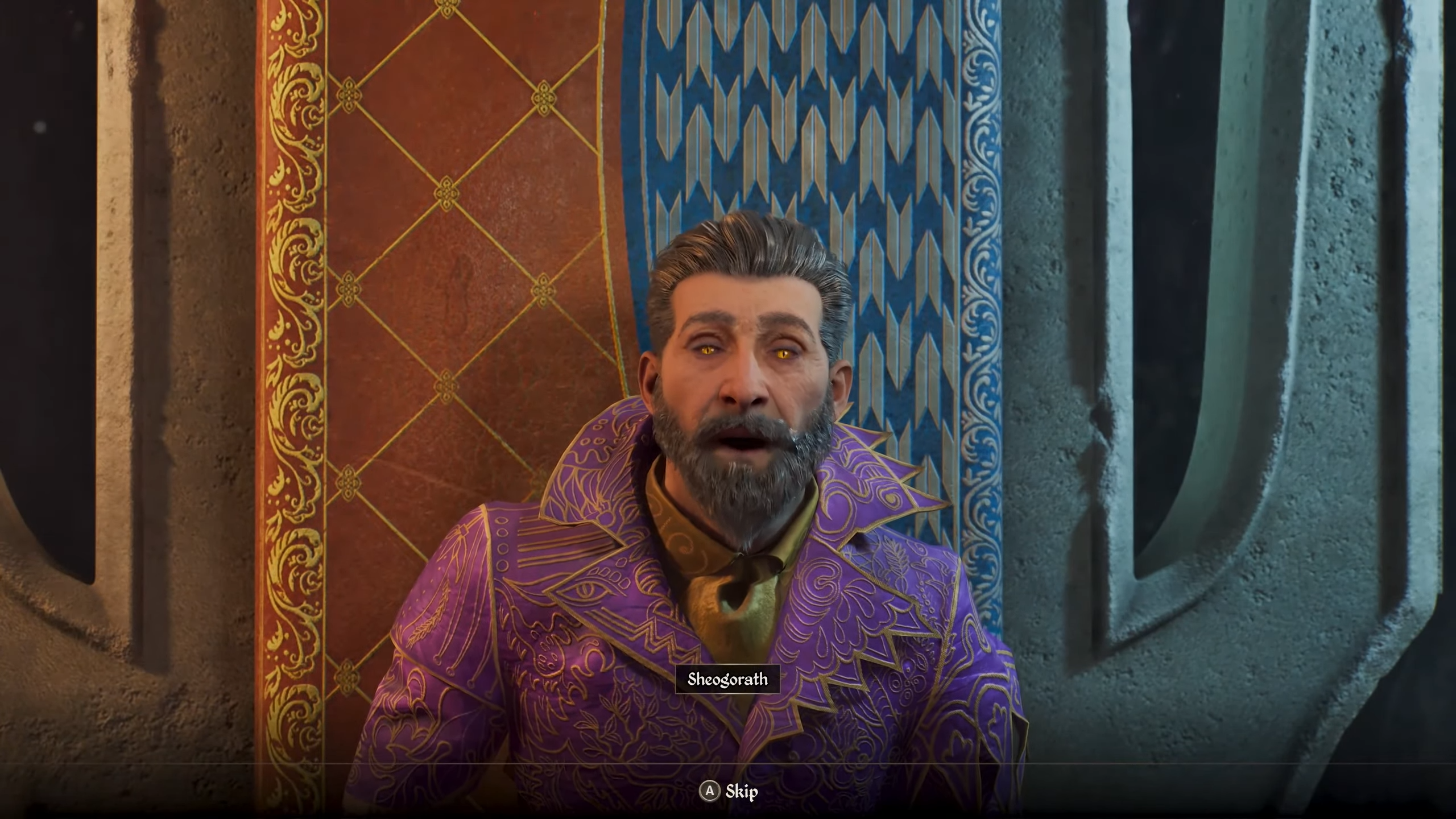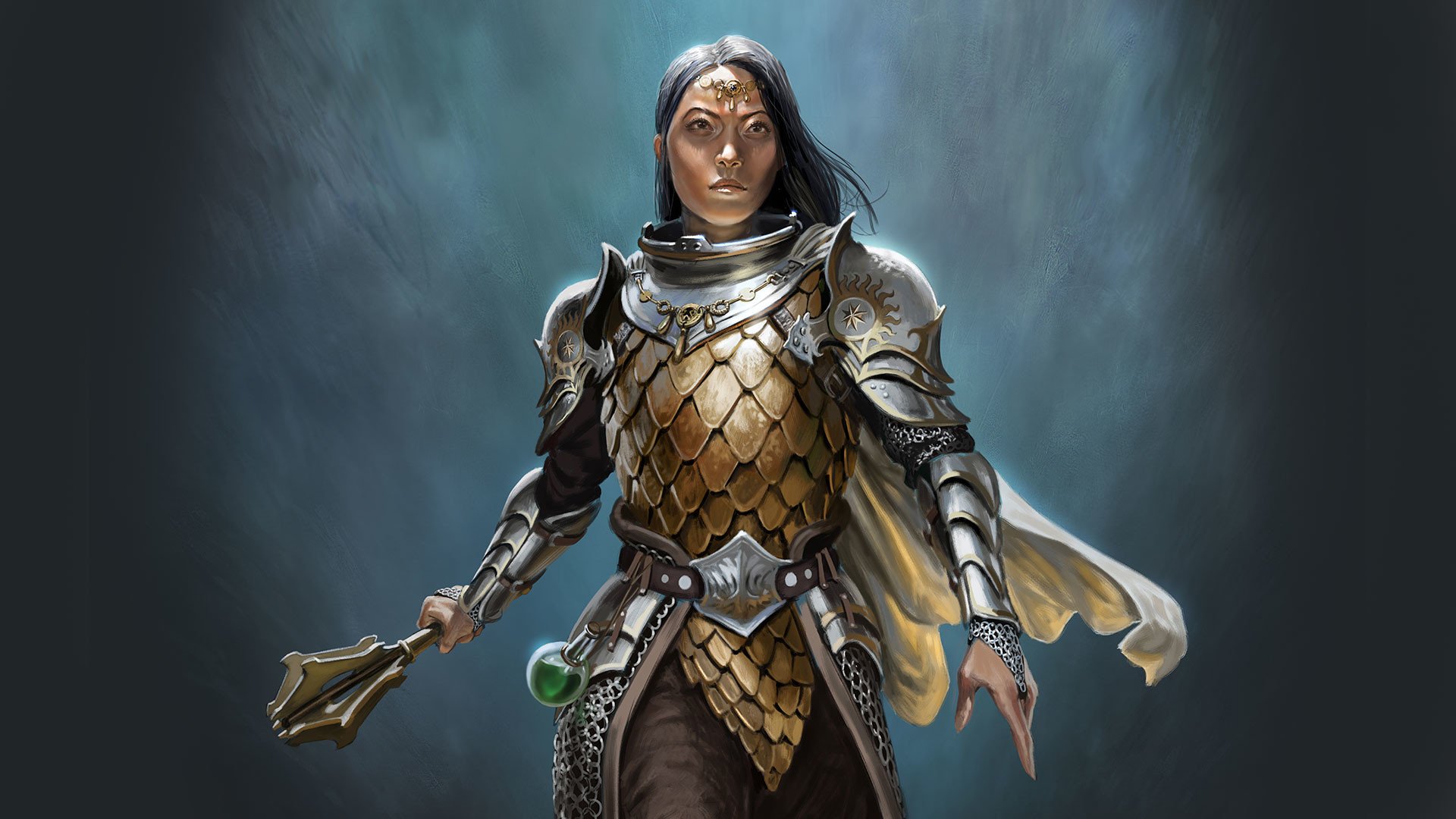
Gotta be better than reinventing the wheel, no?
You know what? You gotta give Bethesda credit: the tack it takes with modders is a breath of fresh air compared to, well, pretty much every other big games company out there. Where, say, Nintendo is liable to send in a detachment of mercenaries to damnatio memoriae you and everyone you’ve ever loved if you even think about Link in a copyright-infringing way, Bethesda is inviting people whose mods are basically a direct competitor to its own latest product round for tea and sweetrolls.
It’s great stuff, and shows an understanding that modders aren’t a cabal of thieves out to steal your IP—they’re the most dedicated fans you’ve got. But as Oblivion Remastered gears up to release its first patch tomorrow after a month and a half of ‘not much’ from Bethesda itself, I can’t help but think it might have been well-served to take a leaf out of another dev’s book: CD Projekt Red’s.
When CDPR decided it was gonna next-gen up The Witcher 3, it went out and deputised some of the game’s most popular modders to just make their creations part of the game itself. The list wasn’t expansive—CDPR wasn’t out to create a Wabbajack overhaul for its own game—but it incorporated some key tweaks, fixes, and polish that had proven popular in the game’s community and that CDPR, I have to assume, quite liked itself. Visual fixes from the Nitpicker’s Patch, new textures from The Witcher 3 HD, world map fixes from, uh, World Map Fixes—CDPR went ahead and rolled ’em all in, with the authors’ permission.
And, you know, I think if Bethesda and Virtuos had taken a similar approach with OG Oblivion’s rippling library of mods I wouldn’t be quite as underwhelmed by Oblivion Remastered’s first patch. With such a long wait between release and any communication from Bethesda, I admit my imagination ran away with me. I was hoping for tweaks to the game’s onerous inventory system—maybe categories, or more shortcuts, or sorting by type—as well as the ability to delete unused spells, and a Goldilocks difficulty between Adept (incredibly easy) and Expert (absurdly hard). Hell, I’d be pretty happy if the game just saw its way to showing me my current encumbrance when I was looting.
Bethesda didn’t announce any of that. Fair enough. Making games is hard, and making games that are actually a very old game wrapped in a thick UE5 outer layer is probably even harder. But the thing is, all those changes were already made to Oblivion a very long time ago: DarNified UI and other mods have totally overhauled Oblivion’s UI for the better, there are mods to delete old spells and useless inventory items, and more mods to tweak the difficulty and level scaling than it’s possible to name (though Oscuro’s Oblivion Haul was the most famous when I was a lad).
There’s such a vast ocean of fan-made stuff for Oblivion that it feels like a waste to leave it all on the shelf while everyone shifts over to the remaster. And while it’s not just a matter of plugging them in and hitting go—making Oblivion mods play with UE5 is an ongoing effort by the community—I have to imagine it’d be easier for the devs to seize on and adapt that pre-existing work than to gin up entirely new stuff from scratch.
But I’m getting out over my skis with that supposition, I guess. The thing is, a lot of the problems I have with Oblivion Remastered are problems I had with Oblivion, and they’ve been solved by dedicated fans in the last near-20 years. Especially with modding seemingly “unsupported” in Oblivion Remastered, it would have been at the very least a nice tip of the hat to the folks that kept the game alive all this time. I wish Bethesda had pulled a CDPR and brought some of those things in from the cold rather than deciding to reinvent all those wheels itself.
Oblivion console commands: Cheats new and old
Oblivion lockpicks: Where and how to use them
Oblivion vampirism cure: Rid yourself of the affliction
Oblivion thieves guild: How to join the crew
Oblivion persuasion: Master the minigame








